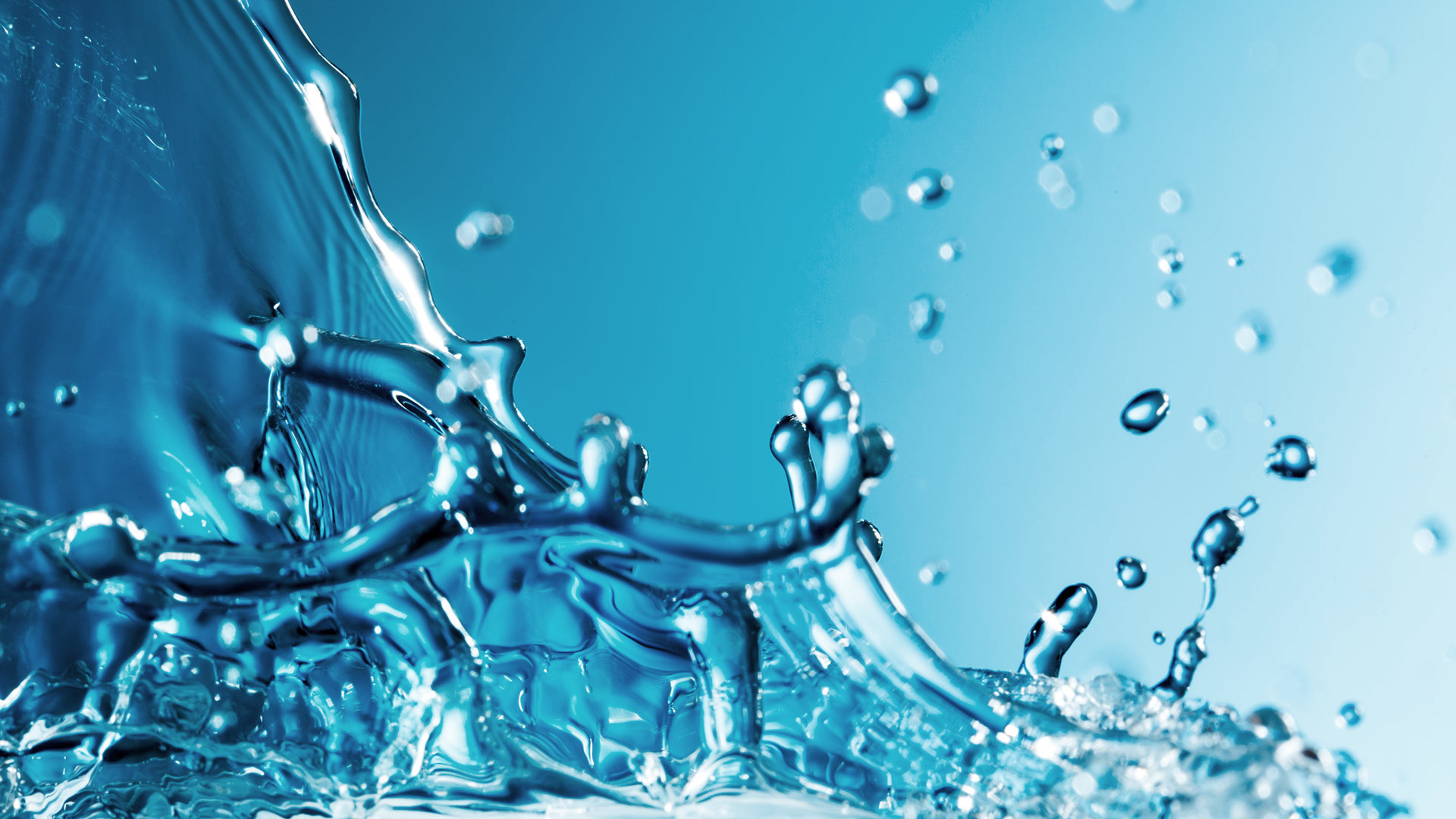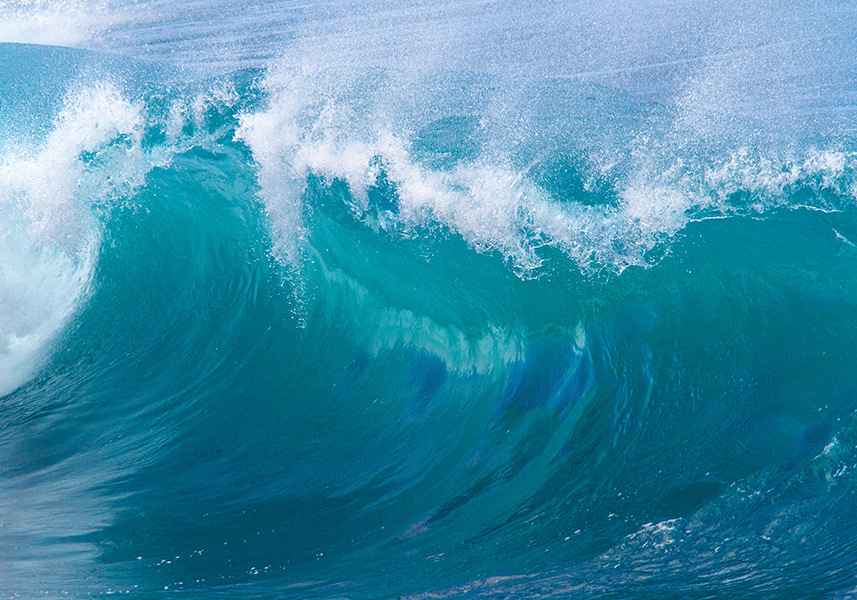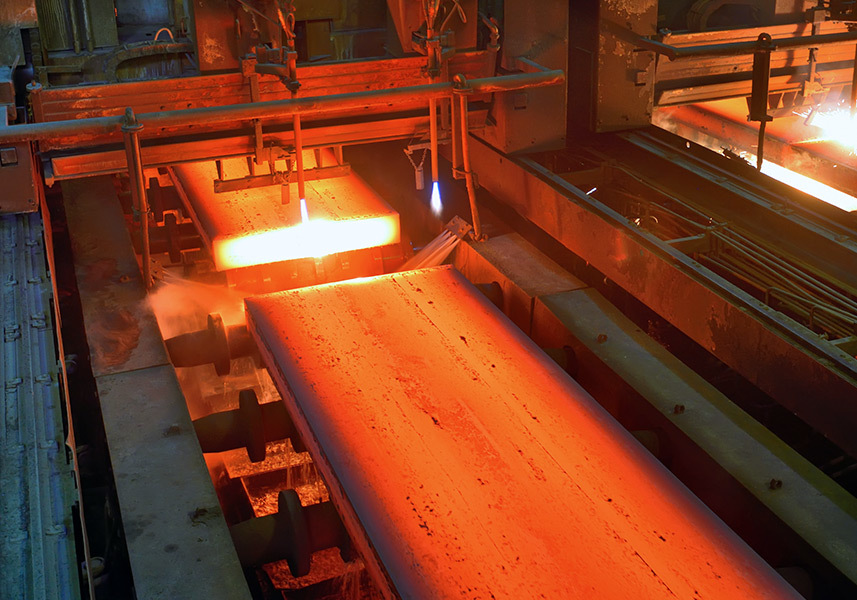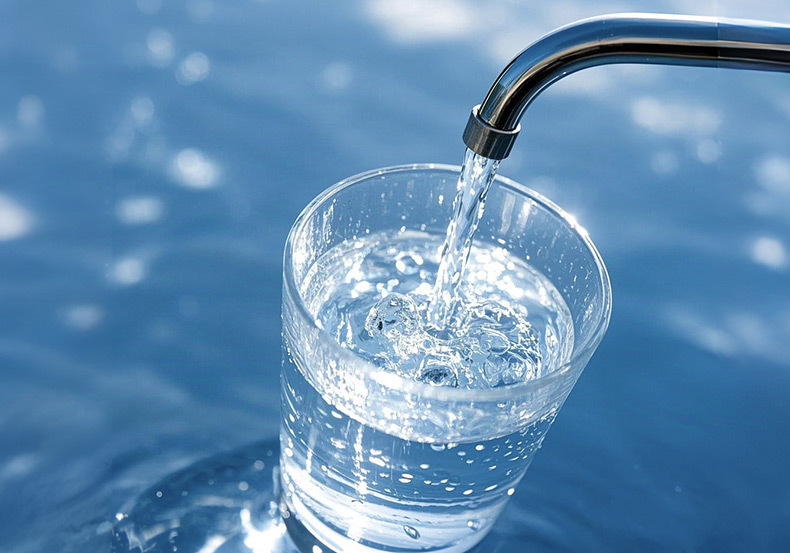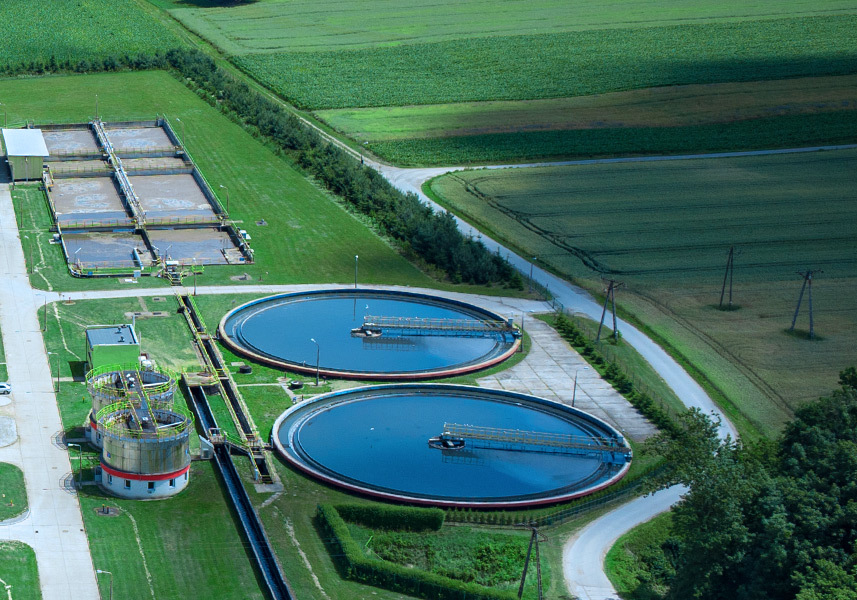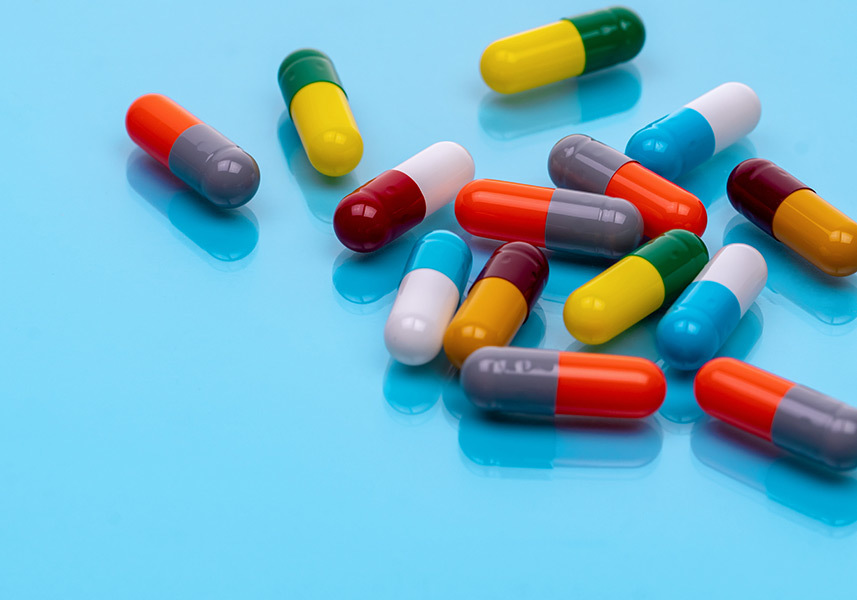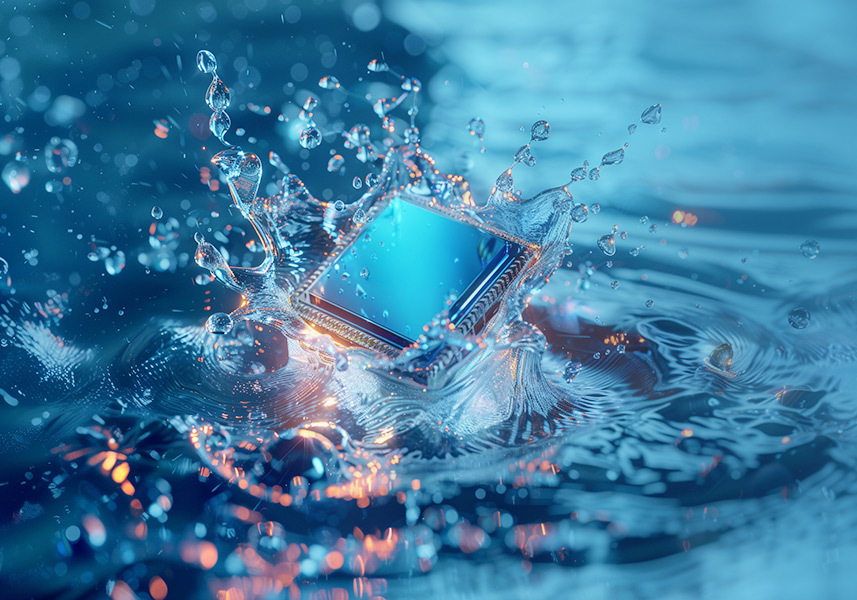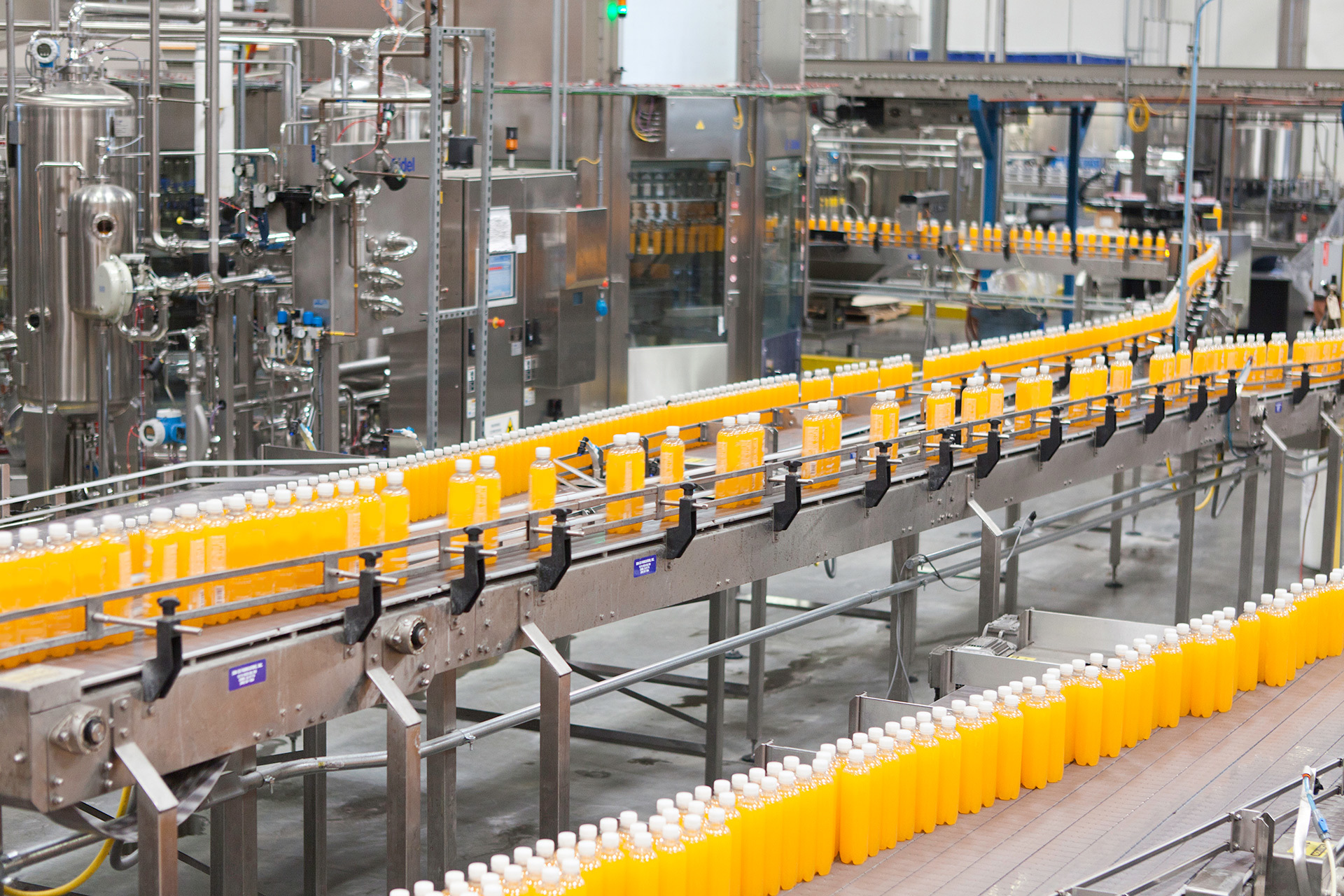Seawater desalination technology refers to the process of removing salts and impurities from seawater to obtain fresh water. Among the numerous seawater desalination technologies, reverse osmosis (RO) technology has become an important engine in the era of seawater desalination due to its advantages of high efficiency, energy saving, and environmental protection. It alleviates a series of environmental and social challenges brought about by the shortage of fresh water resources and effectively promotes the sustainable development of industry and economy. In recent years, with China's emphasis on seawater desalination technology, VONTRON has continuously strengthened research and development and investment, and carried out innovation in structure design, component development, test methods, and system Tightness, overcoming challenges related to water quality, performance, and cost. More than ten models of SW series membrane products have successively been launched, with high removal rates, stable performance, low operating costs and equipment investment. These products are widely used in various projects across industries at home and abroad, receiving high recognition and support from customers.
Zero Discharge of Industrial Wastewater
Zero discharge of industry wastewater means that the wastewater generated during industrial production is treated through a series of processes to achieve no discharge of any form of wastewater to the external environment, allowing recycling of water resources within the enterprise. VONTRON water treatment membranes function as "magic filters," achieving precise filtration and efficient purification. Our products and solutions have been extensively applied in numerous zero-discharge industry wastewater projects both domestically and internationally. This helps enterprises achieve the recycling of water resources, and the goal of (near) zero discharge. With stable and reliable performance, VONTRON has gained high recognition and trust from a wide range of customers.
With the progress of society and the improvement of living standards, urban residents have changed their water demands from "convenient and sanitary" to "safe and healthy". Under the new trend, traditional tap water treatment processes seem inadequate, while nanofiltration membrane technology has quickly gained widespread attention and application due to its advantages. On January 5, 2023, the first Chinese nanofiltration membrane product standard for drinking water, T/ZGM 001-2023, drafted by VONTRON, was officially released, marking a step towards standardization in the municipal nanofiltration membrane industry. VONTRON has been continuously focusing on municipal water supply treatment challenges for over years and has launched solutions represented by the TAPU series products.
With the advancement of the "dual carbon" goals and the transformation towards green cities and towns, reclaimed water, as a sustainable water resource utilization method for converting municipal wastewater into new industrial water sources, has been known to people. As a listed company under CRRC, VONTRON takes on its responsibility and mission of a state-owned enterprise by increasing research and innovation efforts in "reclaimed water", contributing to the green and sustainable development of industrial water. In 2022, the project "Key Technologies for Green Preparation and Process of High-Efficiency Reverse Osmosis Membrane for Reclaimed Water Treatment," researched and developed by VONTRON, won the first prize of Science and Technology Award for Environmental Protection, promoting the full utilization of water and the realization of a virtuous cycle of water ecology.
Specialty separation refers to the technology for efficient separation, concentration, and purification of specific substances with specially designed and functional membrane materials based on differences in membrane pore size, chemical properties of the membrane surface, and molecular interactions. Compared to conventional water treatment membranes that remove common impurities and pollutants, special separation is more targeted to apply into complex and high-difficulty separation scenarios. VONTRON's MASE series nanofiltration membranes for material separation are mainly used for the separation of monovalent and divalent salts in aqueous solutions, dehardening, denitrification, and the separation and concentration of liquid materials, with a molecular weight cut-off of 200-800 Daltons. They have been applied in multiple projects at home and abroad.
Ultrapure water refers to water that has almost removed all impurities except for hydrogen and oxygen. It spans the manufacturing process of the entire chip. Due to the "cleanliness obsession" of chip production processes, a high yield rate can only be reached by continuous use of large amount of ultrapure water for cleaning. It is estimated that approx 30 liters of ultrapure water are required for a single chip. A well-known factory's ultrapure water even reaches up to 80 million tons per year. Both the stringent water quality standards and astonishing water consumption place extremely high demands on the key equipment RO membrane for producing it. In recent years, VONTRON has broken through technical barriers and successfully developed the UE series ultrapure water membranes, which have been applied in several domestic microelectronics projects.
The material of VONTRON Technology's water treatment membranes complies with the requirements of the Hygienic and Safety Evaluation Specification for Drinking Water Transmission and Distribution Equipment and Protective Materials (2001) and has been widely used in the food and beverage industry. In the preparation of beverage processing water, these membranes can remove impurities, microorganisms and harmful ions from raw water, ensuring water safety and meeting the hygienic standards for beverage production. During the concentration of fruit juice drinks, the membranes can retain sugars, flavor substances, etc. in the juice, efficiently separate water, reduce nutrient loss and flavor deterioration caused by thermal processing, improve the quality of concentrated juice, and also lower energy consumption.

